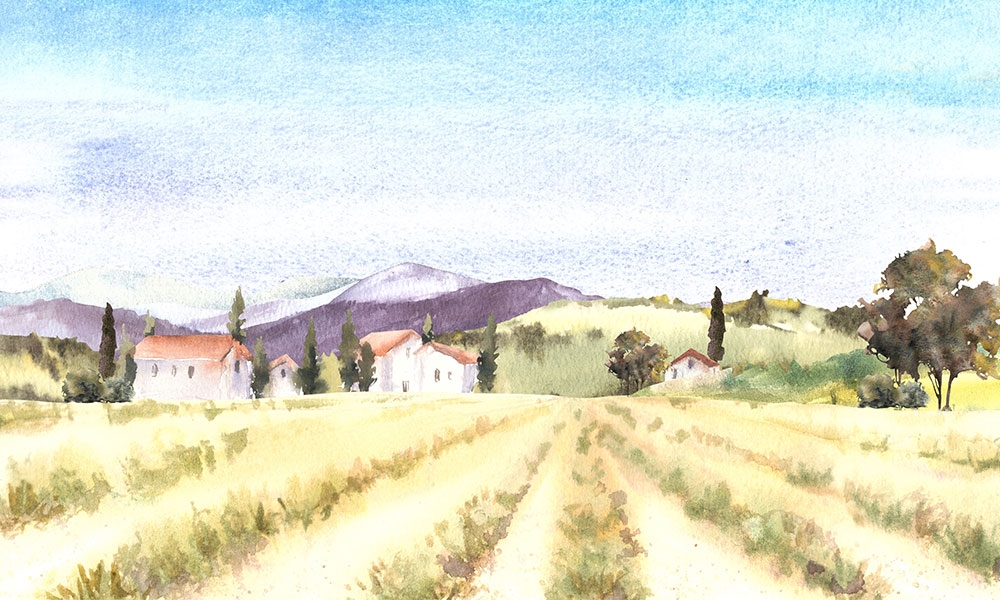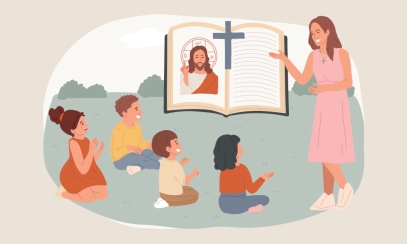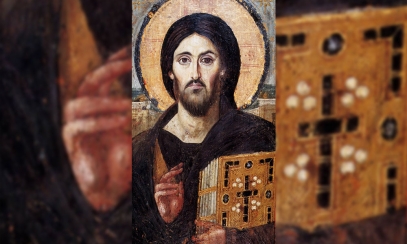
Via Fidelis: The promise of eternal life is our cause for hope
To be human is to be forward-looking. We live in a world filled with promises; they reflect the open horizon, always oriented towards a future. As human beings, we are constantly embracing new promises and looking for them to come to fruition.
To be human is to be forward-looking. We live in a world filled with promises; they reflect the open horizon, always oriented towards a future. As human beings, we are constantly embracing new promises and looking for them to come to fruition.
It should come as no surprise then that at the heart of the Christian faith is a promise — the ultimate promise of eternal life. This is the promise that fulfills all others and all future possibilities. We call our trust in this fundamental promise hope.
It is with this idea of hope in mind that we continue our exploration of the kerygma, or the proclamation of the Good News of salvation in Christ Jesus. We have looked at the goodness of creation and God’s love for creation in general and humanity in particular. It endures despite human sinfulness. The depth of this love can be seen in core events that comprise the kerygma: the Incarnation and the Paschal mystery. In the Incarnation, God the Father sends his Son to reveal himself to us and to transform our humanity. It is through the Paschal mystery that our entire outlook as the human race is changed by the Son’s Passion, death, Resurrection and Ascension.
The Incarnation and Paschal mystery are not simply good news because God made a visit to us in Jesus. Even though he suffered and died, he was ultimately vindicated in the end through resurrection. That certainly is good news and a good story. This story is even better, however, because it is true, but it’s not the entire story. The rest, and the true Good News of the story, is that the resurrected life is not just for Jesus. It is also offered to us through him.
By assuming our humanity and then by dying and rising, Christ transforms human destiny. Jesus makes possible a union with God that was not possible before by uniting our nature to divinity and then rising again after dying in that human nature. Because of Christ, human death becomes the gateway to a life never before inaccessible to us: God’s own life of intimate communion. Simply put, salvation is communion with God and this offer of everlasting communion is the promise in which we find hope.
When we use the word hope in an everyday sense, we often think of it as wishing that the seemingly impossible will happen. We hope to win the lottery or hope to someday take that dream vacation. In essence we think hope means to want something to happen even though we are pretty sure that it will not happen. Or we regard that thing we hope in as so far off that it hardly seems tangible or readily obtainable. Our everyday concept of hope is nothing more than wishing.
The theological virtue of hope does not function this way. It is not a wish. It is something much more substantial. A good way to think of hope is as an expectation. To hope is to anticipate something. It is the anticipation of the fulfillment of the promises God has made to us, especially the promise of eternal life. We have confidence that this promise will be fulfilled because we have already seen it happen in Christ’s humanity. So rather than thinking of hope as fruitless wishing for the impossible, we ought to think about it as expectant waiting.
It is this contrast that comprises the kerygmatic nature of Christianity in contradistinction to the rest of the world. The world hangs its hope of wistful insecurity on things that are fleeting, passing or shallow. Conversely, we hang our hope on the cross and on the surety and the everlasting effectiveness it promises. To “Proclaim the Faith” or share the Gospel, then, means we show others the solid ground of our hope.
Michael Martocchio, Ph.D., is the secretary of discipleship and the director of the Office of Catechesis and Christian Initiation. Email him at mmartocchio@charlestondiocese.org.



